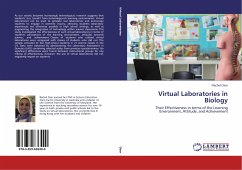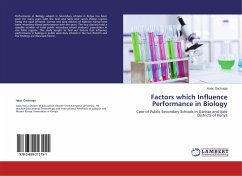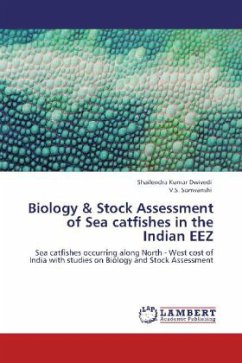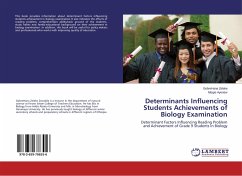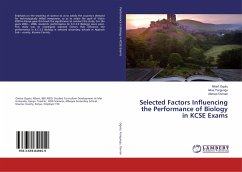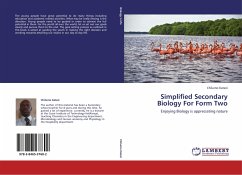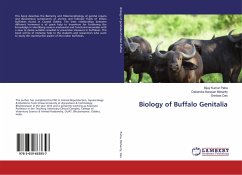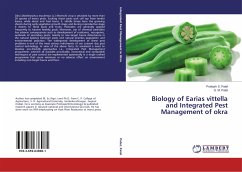As our society becomes increasingly technological, research suggests that students, too, benefit from technology-rich learning environments. Virtual laboratories can be used to simulate real laboratories and encourage students to engage in scientific inquiry, allowing students laboratory experiences not otherwise possible in high school settings, as well as augmenting the integration of technology within science classrooms. This study investigated the effectiveness of such virtual laboratories in terms of students perceptions of the learning environment, attitudes towards science, and achievement. Classes of students who utilized virtual laboratories were compared with classes of students who did not. The sample consisted of 322 high-school students in 21 science classes in the US. Data were obtained by administering the Laboratory Assessment in Genetics (LAG) containing selected scales from previous questionnaires. No significant differences were found between instructional groups for any criteria of effectiveness; however, the use of virtual laboratories did not negatively impact on students.
Bitte wählen Sie Ihr Anliegen aus.
Rechnungen
Retourenschein anfordern
Bestellstatus
Storno

